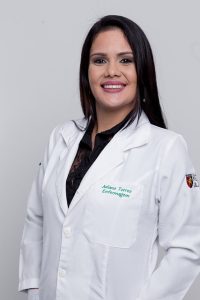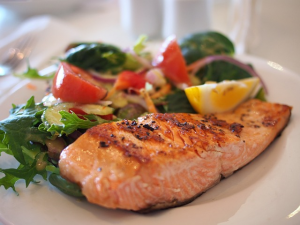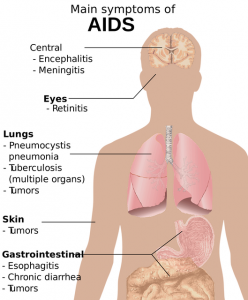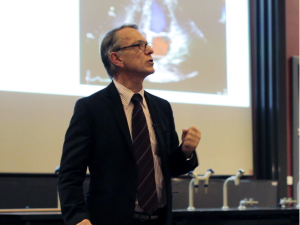A 2025 review summarizes the biological activities and health functions of important selenoproteins. The selenoproteins play a role in antioxidant and anti-inflammation defense, cancer prevention, cardiovascular health, fertility, immune system regulation, and defense against viral infections including COVID-19 [Shahidin 2025].

Selenium deficiency leads to insufficient synthesis of the selenoproteins. Generally, selenium researchers regard serum selenium concentrations under 70 mcg/L as deficiency levels. Serum selenium concentrations below 45 mcg/L indicate severe selenium deficiency [Winther 2020; Schomburg 2021].
The point is that selenium deficiency and insufficient selenoprotein synthesis can impair antioxidant and anti-inflammation defense, weaken immune function, and disturb thyroid hormone metabolism. Likewise, selenium deficiency can contribute to neurological and endocrine disorders. Selenium deficiency can have a detrimental effect on cardiovascular health. Selenium deficiency is associated with increased incidence of Keshan disease and Kashin–Beck disease [Shahidin 2025].









